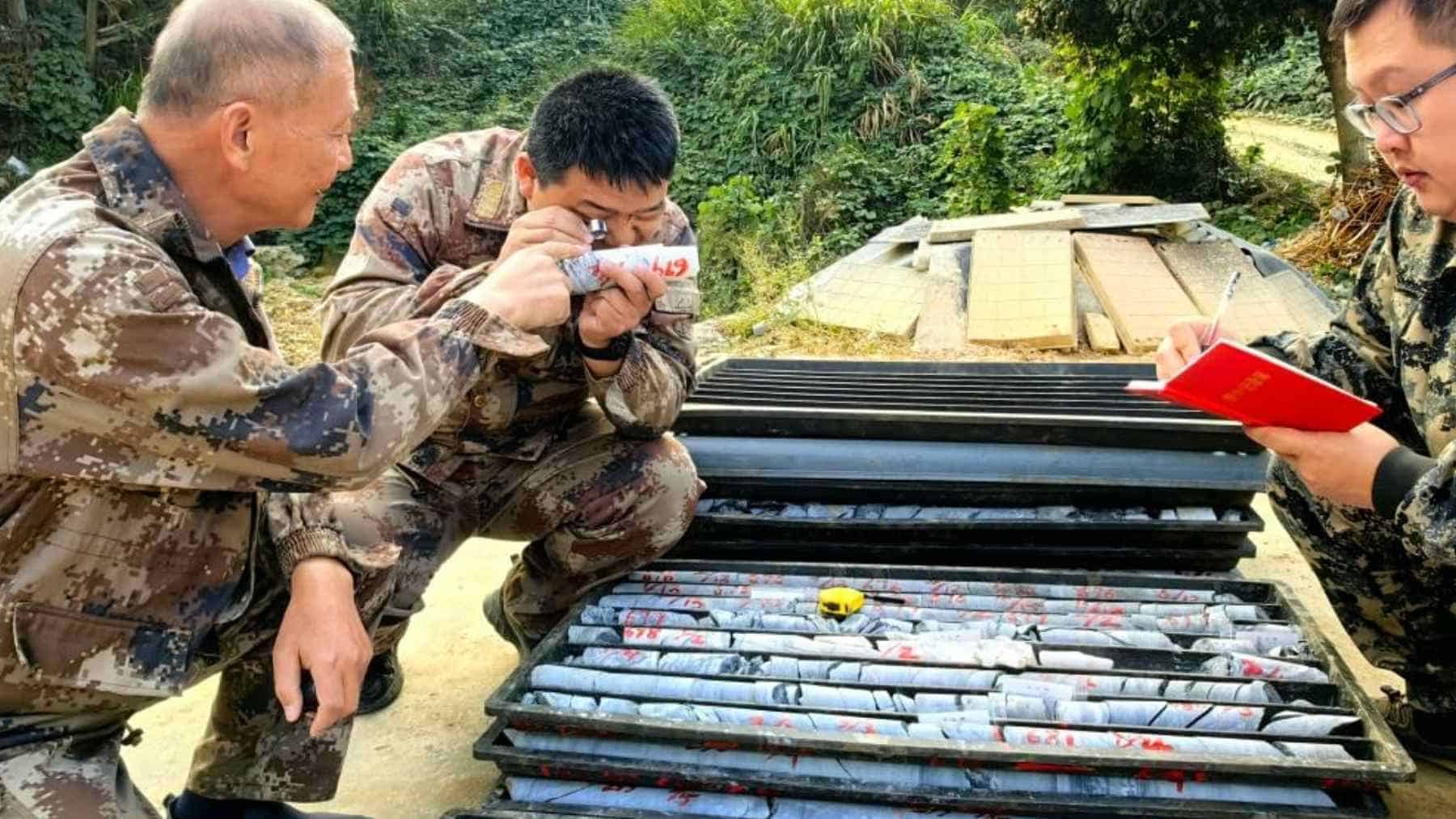DETROIT – Wayne State University has established a new center to study and combat infectious diseases and to prepare for future pandemics.
The Center for Emerging and Infectious Diseases builds on the university’s experiences in combating COVID-19 to prepare Detroit and the state of Michigan to tackle pandemic diseases. The center is the first of its kind located in an urban setting within the state.
“The COVID-19 pandemic has dramatically altered local, state and national mindsets toward infectious disease threats, including pandemic diseases. The pandemic revealed deep and broad gaps in our clinical and public health infrastructure that responds to pandemics,” said Mark E. Schweitzer, M.D., dean of the WSU School of Medicine and vice president of WSU Health Affairs, who will oversee the center. “In line with the mission of WSU to support urban communities at risk for health disparities, the center will have the expertise and capacity to support and collaborate with neighborhoods, hospitals and public health agencies to deliver state-of-the-art diagnostics, treatments and preventive strategies for the benefit of all residents in Detroit and other communities.”
The center’s primary mission is to enhance training, research, engagement and public health infrastructure to address the development of methods to prepare for, prevent and treat emerging and re-emerging infectious and non-communicable diseases. This structure will allow for the coordinated efforts of the diverse and multi-disciplinary expertise of Wayne State researchers, clinicians and instructors. Work will consist of research on vaccine development, clinical vaccine evaluation, introduction and deployment of vaccines for special populations and communities with special attention to underserved populations, development of tools that facilitate planning, recognition and response to outbreaks of emerging infectious disease threats, and research on evidence-based interventions that mitigate the impact of emerging infectious and non-communicable diseases in Detroit and Michigan specifically.
The Center for Emerging and Infectious Diseases will be directed by Teena Chopra M.D., M.P.H., professor of Medicine, Division of Infectious Diseases; Paul Kilgore, M.D., associate professor of Pharmacy Practice; and Marcus Zervos, M.D., division head of Infectious Diseases at the Henry Ford Health System and professor of Medicine and assistant dean of WSU Global Affairs for the WSU School of Medicine. Key faculty will include Phillip Levy, M.D., M.P.H., professor of Emergency Medicine and assistant vice president of Translational Science and Clinical Research for WSU; and Matthew Seeger, Ph.D., professor of Communication. All played decisive roles in addressing the COVID-19 pandemic in Detroit and throughout the state and have experience working nationally and globally on emerging infectious planning and response.
The center also will focus on reducing health disparities associated with infectious pathogens, such as multi-drug-resistant bacteria and viral pathogens that impact residents of Detroit and beyond. Center leaders will build on collaborations with the Detroit Health Department, the Michigan Department of Health and Human Services, and other community organizations to implement programs that benefit community health and reduce disparities related to acute infectious diseases and chronic conditions.
The center will be housed primarily on the WSU campus.






